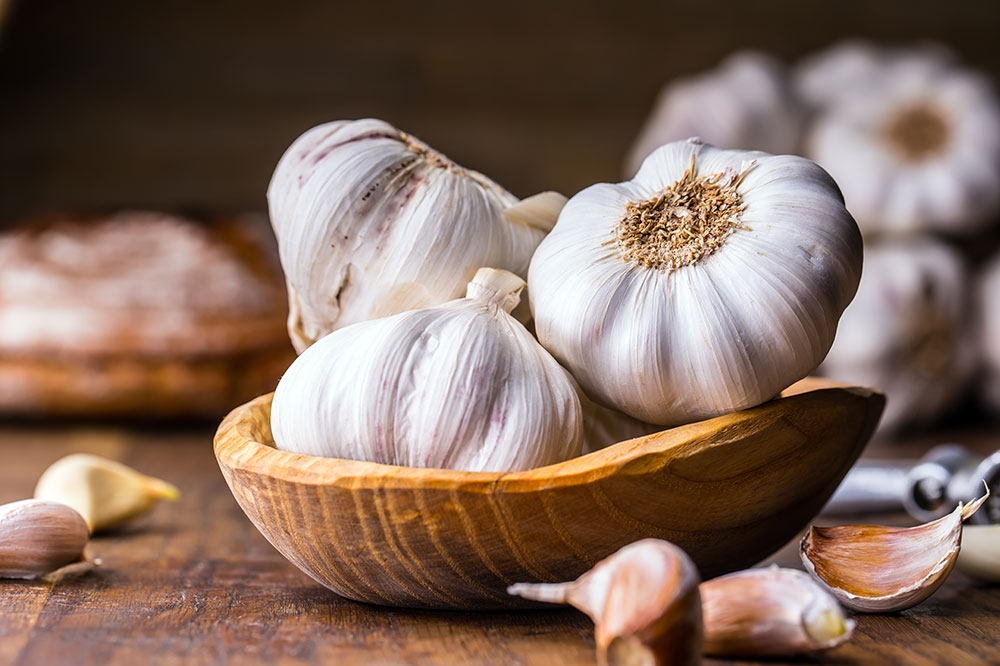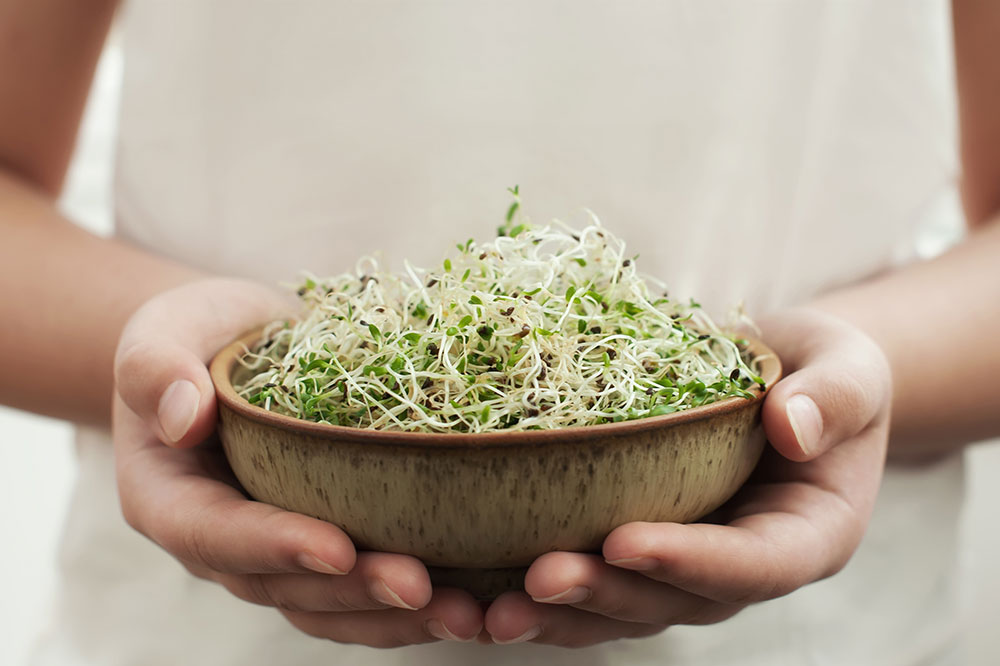Comprehensive Nutrition Strategies to Effectively Manage Lupus Symptoms
Discover effective dietary strategies to manage lupus symptoms through anti-inflammatory foods like flaxseeds, fatty fish, whole grains, and colorful fruits and vegetables. Learn how proper nutrition supports immune health, reduces inflammation, and enhances overall well-being. Tailored for lupus patients, this comprehensive guide recommends practical dietary modifications to help control flare-ups and improve quality of life. Empower yourself with knowledge on incorporating powerful nutrients into your daily meals for optimal health management.

Comprehensive Nutrition Strategies to Effectively Manage Lupus Symptoms
Lupus is a complex autoimmune disorder that affects millions of individuals worldwide. Characterized by chronic inflammation and unpredictable flare-ups, lupus can impact multiple organ systems, leading to significant health challenges. While there is currently no cure for lupus, dietary modifications can play a crucial role in controlling symptoms, reducing flare severity, and preventing long-term complications. Understanding which foods to embrace and which to limit is essential for those managing lupus — and maintaining overall health.
Incorporating Anti-Inflammatory Nutrients is fundamental in managing lupus. Certain foods contain compounds that can help modulate the immune response and reduce inflammation, offering relief from symptoms and improving quality of life. Let’s delve into the top dietary recommendations tailored for lupus patients.
Flaxseeds
Renowned as a nutritional powerhouse, flaxseeds offer numerous benefits for individuals with lupus. These tiny seeds are rich in alpha-linolenic acid (ALA), a plant-based omega-3 fatty acid known for its strong anti-inflammatory properties. Including ground flaxseeds in your diet can help reduce the frequency and severity of lupus flare-ups. Moreover, the lignans present in flaxseeds act as platelet-activating factor (PAF) receptor antagonists, which may provide additional protection against lupus-related complications such as nephritis. Flaxseeds are versatile and easy to incorporate into cereals, smoothies, salads, and baked goods.
Omega-3 Fatty Acids from Fatty Fish
Fatty fish such as salmon, mackerel, trout, and herring are excellent sources of omega-3 fatty acids, particularly DHA and eicosapentaenoic acid (EPA). These nutrients are scientifically linked to reducing inflammation, supporting immune function, and alleviating autoimmune symptoms common in lupus. Regular consumption of omega-3-rich fish can help decrease joint pain, swelling, and overall disease activity. For those who prefer plant-based options or have dietary restrictions, chia seeds, walnuts, and algae-based oils also provide essential omega-3 fats.
Whole Grains for Better Metabolism and Reduced Inflammation
Autoimmune diseases like lupus often involve metabolic disturbances. Choosing whole grains such as oats, quinoa, barley, rye, and bulgur can support healthy digestion, improve energy levels, and reduce systemic inflammation. Unlike refined grains, which may contribute to insulin resistance and metabolic stress, whole grains provide fiber and nutrients that promote balanced blood sugar levels and overall metabolic health. Incorporating these grains into daily meals can contribute to better disease management and enhanced vitality.
Colorful Fruits and Vegetables Rich in Antioxidants
A diet abundant in fresh fruits and vegetables supplies vital antioxidants like vitamin C, vitamin E, and polyphenols that combat free radicals — unstable molecules that damage cells and tissues, exacerbating lupus symptoms. Berries such as strawberries, blueberries, and raspberries are packed with antioxidants. Green leafy vegetables like spinach, kale, and collard greens are excellent sources of vitamines and minerals critical for immune health. Other beneficial options include artichokes, sweet potatoes, avocados, and radishes. Regularly consuming a vibrant variety of these nutrient-dense foods can facilitate cellular repair, decrease inflammation, and improve overall well-being for lupus patients.
In conclusion, while diet alone cannot cure lupus, strategic nutritional choices can significantly influence disease management. Emphasizing anti-inflammatory foods such as omega-3 fatty acids, fiber-rich whole grains, and antioxidant-dense produce is essential for reducing symptom severity and preventing flare-ups. Coupled with medical treatment and lifestyle adjustments, adopting these dietary habits can enhance quality of life and support long-term health for those living with lupus. Always consult with healthcare professionals or a registered dietitian before making substantial changes to your diet to ensure they suit your specific health needs.





